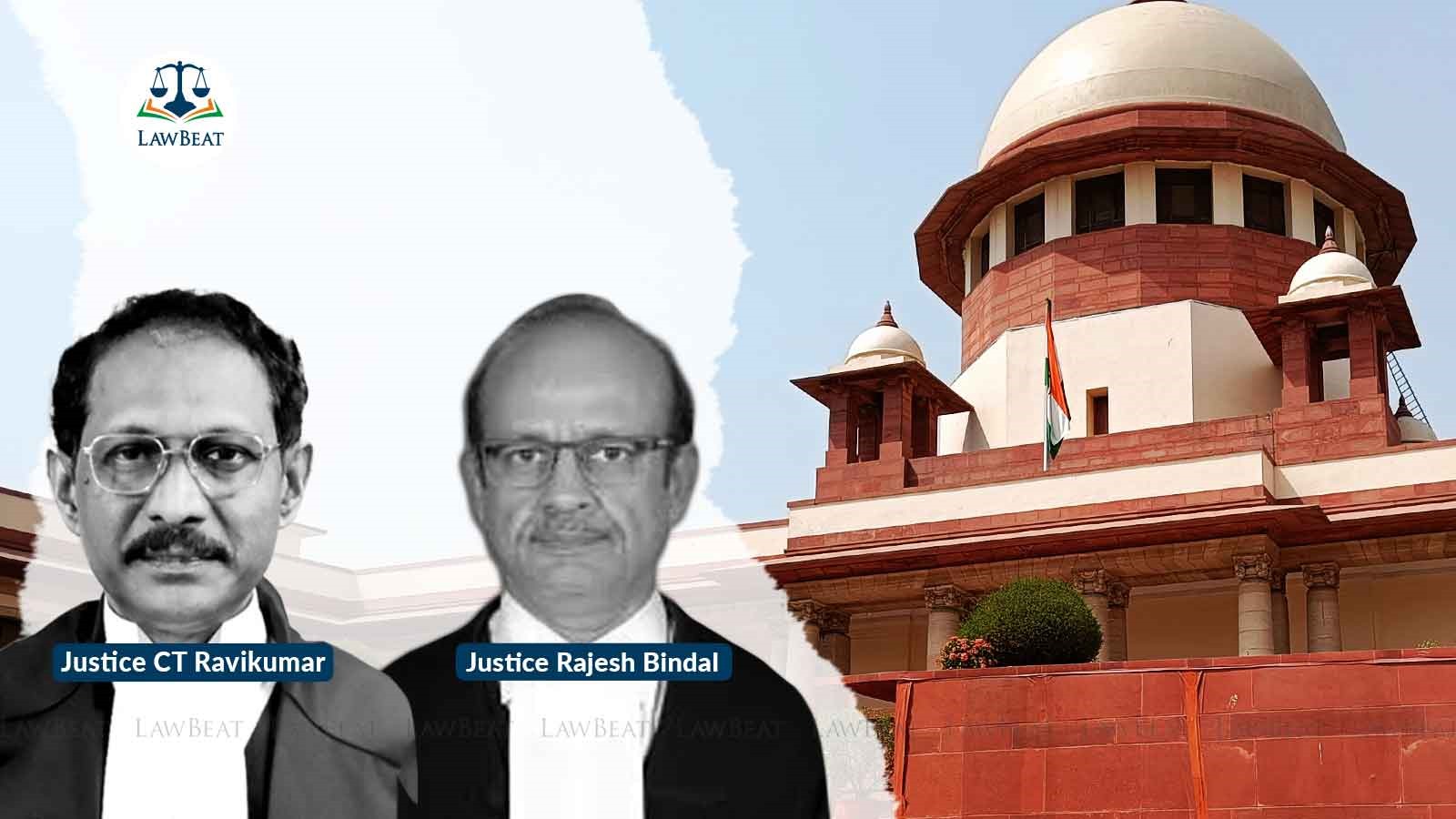'Co-Accused's Confession Insufficient to Frame Charges,' SC Acquits Man in Rave Party Case

Court said in a case where there is no material at all which could be translated into evidence at the trial stage, it would be a miscarriage of justice to make the person concerned to stand the trial
The Supreme Court recently observed that the absence of any other material on record to connect the accused with the crime, the confession statement of the co-accused by itself cannot be the reason for his implication in the crime.
The bench of Justices C T Ravikumar and Rajesh Bindal said that a co-accused’s confession containing incriminating matter against a person would not by itself suffice to frame charge against him.
"There can be no doubt with respect to the position that standing the trial is an ordeal and, therefore, in a case where there is no material at all which could be translated into evidence at the trial stage it would be a miscarriage of justice to make the person concerned to stand the trial," the bench said.
Court allowed an appeal filed by one Karan Talwar against the Madras High Court's order of September 14, 2022, which rejected his plea for discharge in a case related to Section 27(b) of the Narcotic Drugs and Substances Act related to consumption of drugs in a rave party organised at a resort on the night of May 3, 2019.
Going through the precedence on the question of the discharge, the bench said that while exercising the said power, the court could sift the materials produced along with the final report only for the purpose of considering whether there was ground to proceed against the accused concerned.
The appellant was accused of the offence of consumption of narcotic drug or psychotropic substance other than those specified in or under clause (a) of Section 27, NDPS Act.
The bench examined the question of whether any material was available to charge the appellant.
The appellant contended he had been arraigned as accused No 13 based on the confession statement of co-accused viz, accused No 1.
"Certainly, in the absence of any other material on record to connect the appellant with the crime, the confession statement of the co-accused by itself cannot be the reason for his implication in the crime," the bench said, citing Suresh Budharmal Kalani Vs State of Maharashtra (1998).
Court noted that the materials on record revealed that the investigating agency had not subjected him to medical examination and instead, going by complaint Witness No 23, he smelt the accused.
"The less said the better and we do not think it necessary to comment upon adoption of such a course. We need only to say that even if he tendered such evidence, it would not help the prosecution in anyway. There is absolutely no case that any recovery of contraband was recovered from the appellant," the bench said.
As regards the confession statement of the appellant in view of Section 25 of the Indian Evidence Act, 1872, the bench pointed out there could be no doubt with respect to the fact that it was inadmissible in evidence.
In the case, the bench said, except for the confessional statement of co-accused no. 1 there was absolutely no material available on record against the appellant.
The bench thus examined the question of whether the two courts were justified in holding that there was prima facie case against the appellant to proceed against the appellant.
"The sole material available against the appellant is the confession statement of the co-accused viz., accused No 1, which undoubtedly cannot translate into admissible evidence at the stage of trial and against the appellant. When that be the position, how can it be said that a prima facie case is made out to make the appellant to stand the trial," the bench asked.
The court further emphasised there can be no doubt with respect to the position that standing the trial is an ordeal and, therefore, in a case where there is no material at all which could be translated into evidence at the trial stage it would be a miscarriage of justice to make the person concerned to stand the trial.
The court thus allowed the appeal and set aside the orders passed by the high court and the trial court.
As a necessary sequel, the court discharged the appellant in a case pending on the files of Additional District Judge-Special Court under Essential Commodities Act Cases, Coimbatore.
Case Title: Karan Talwar Vs The State of Tamil Nadu
